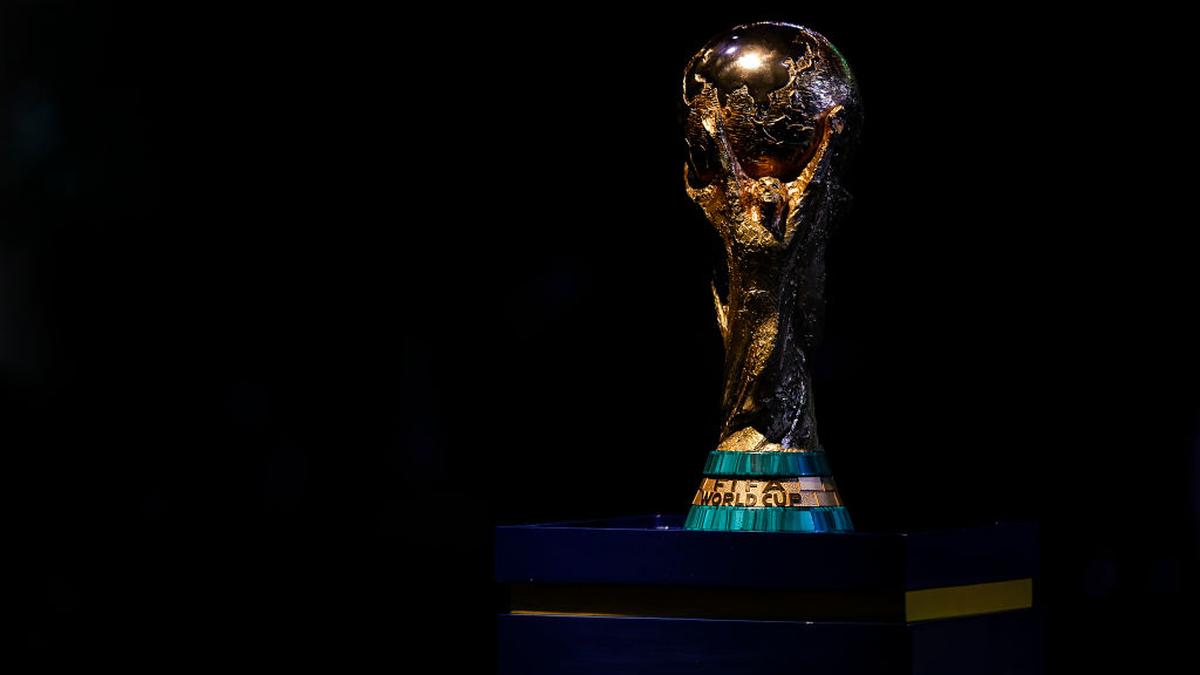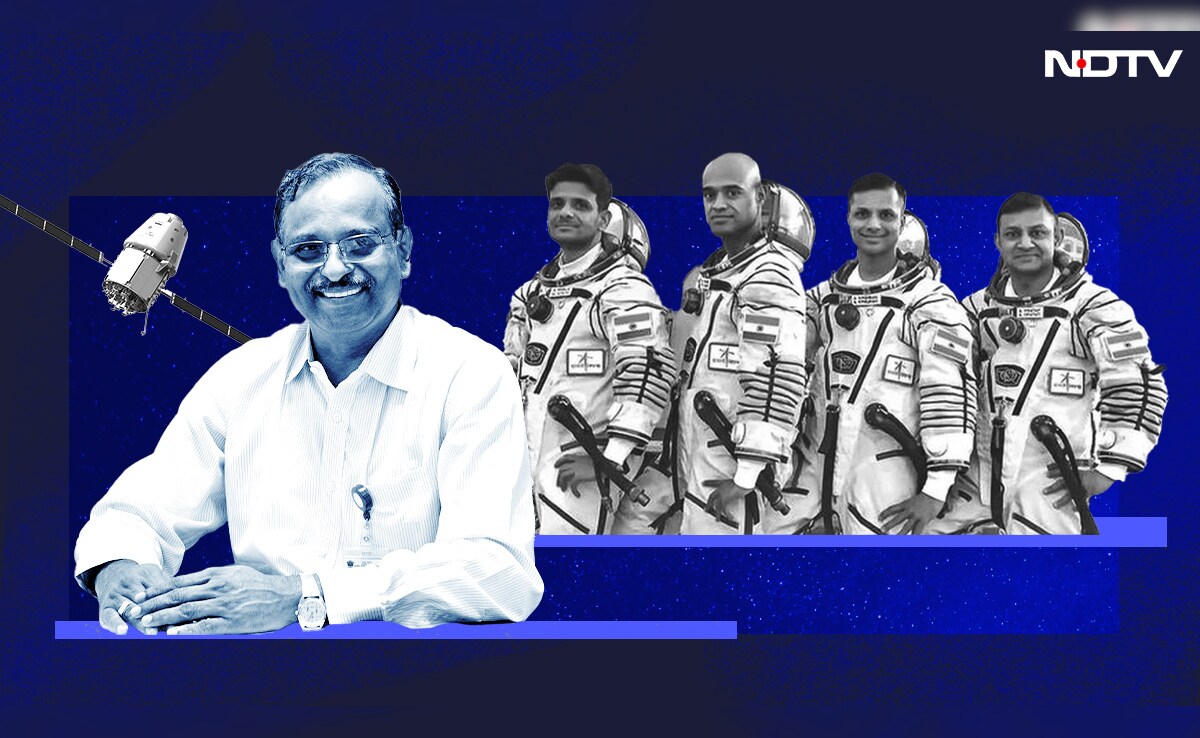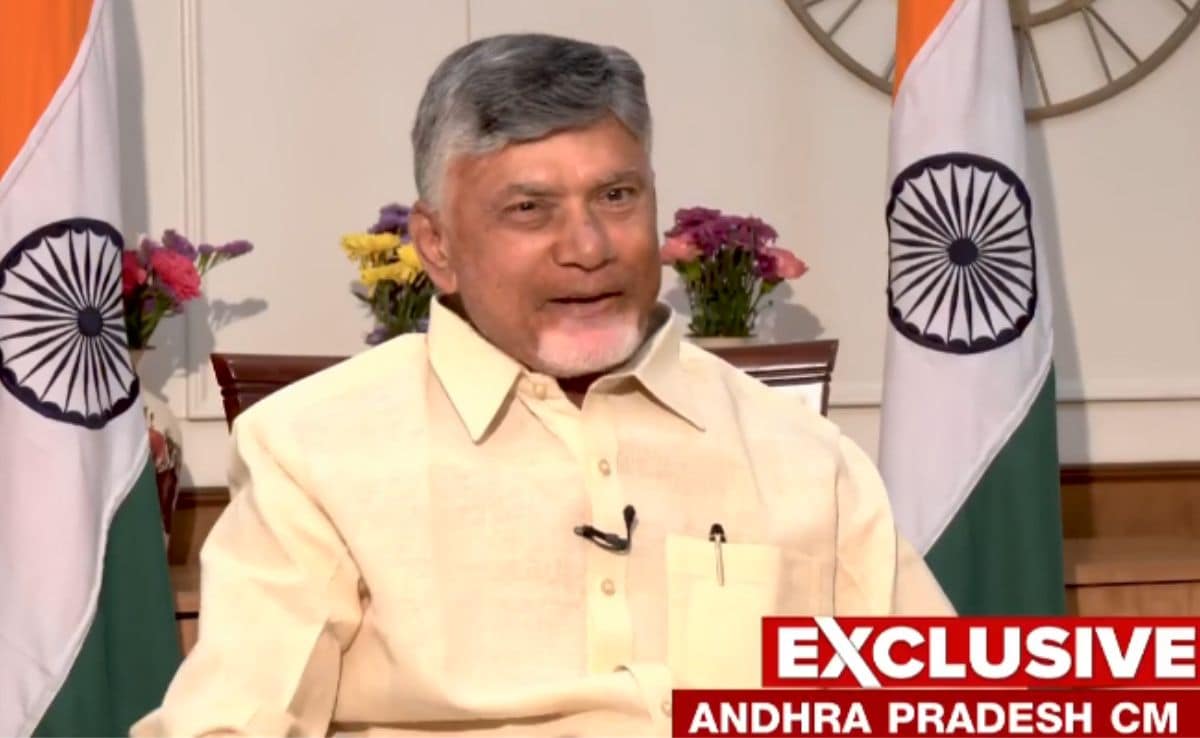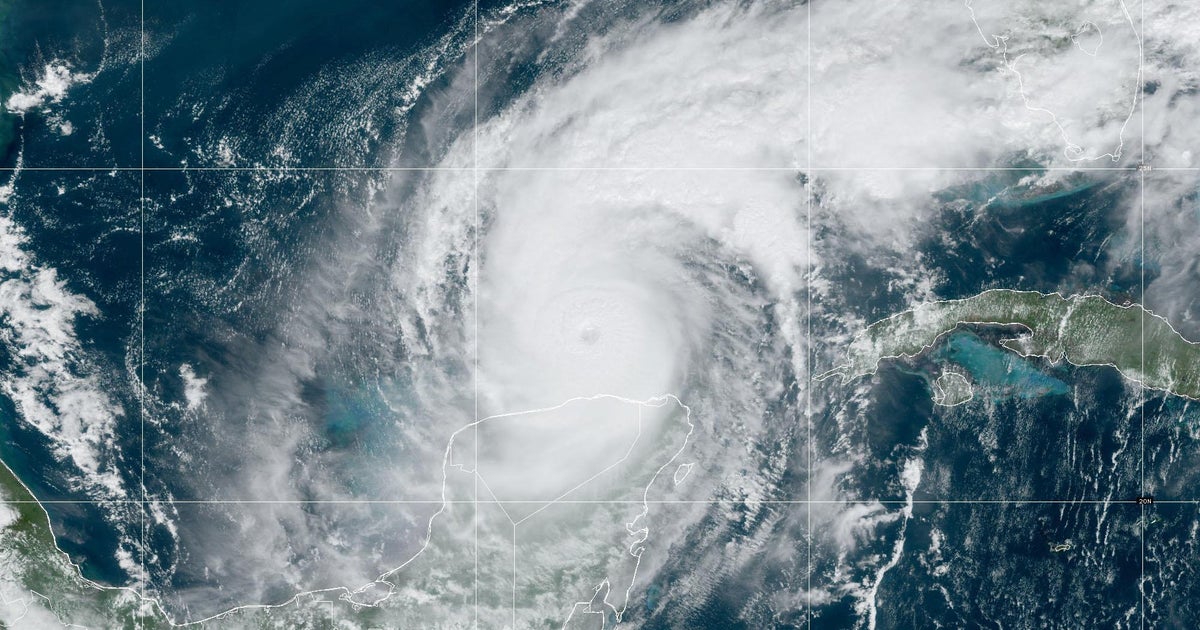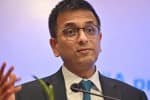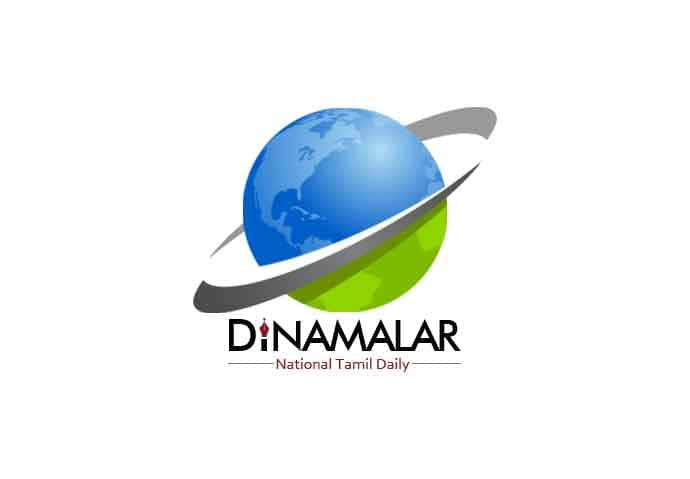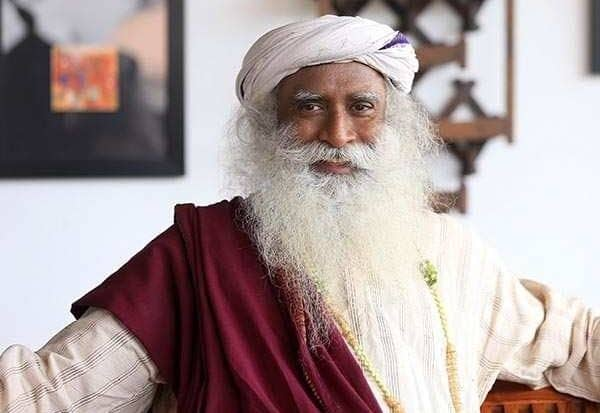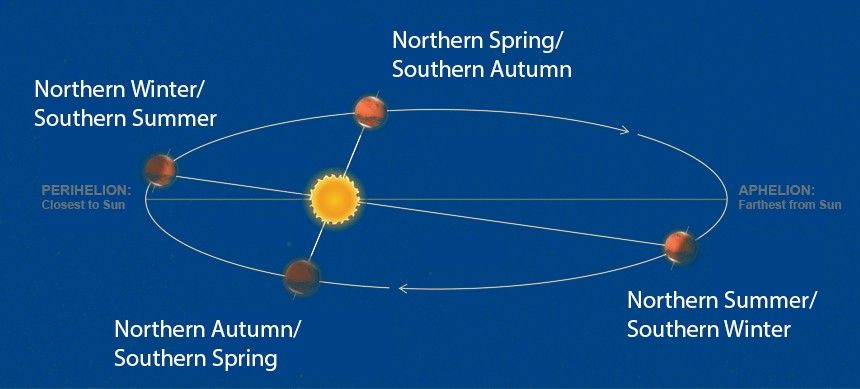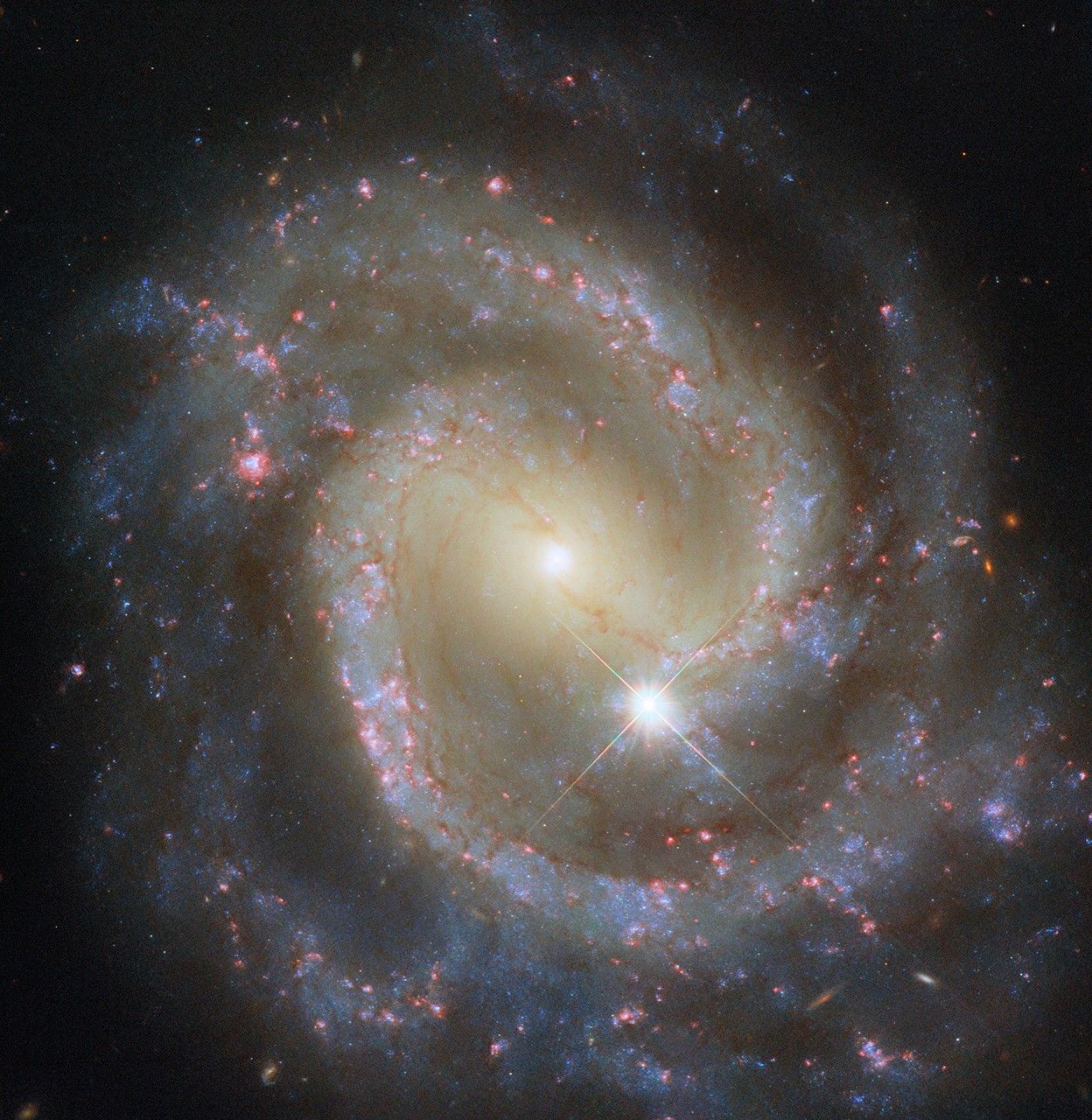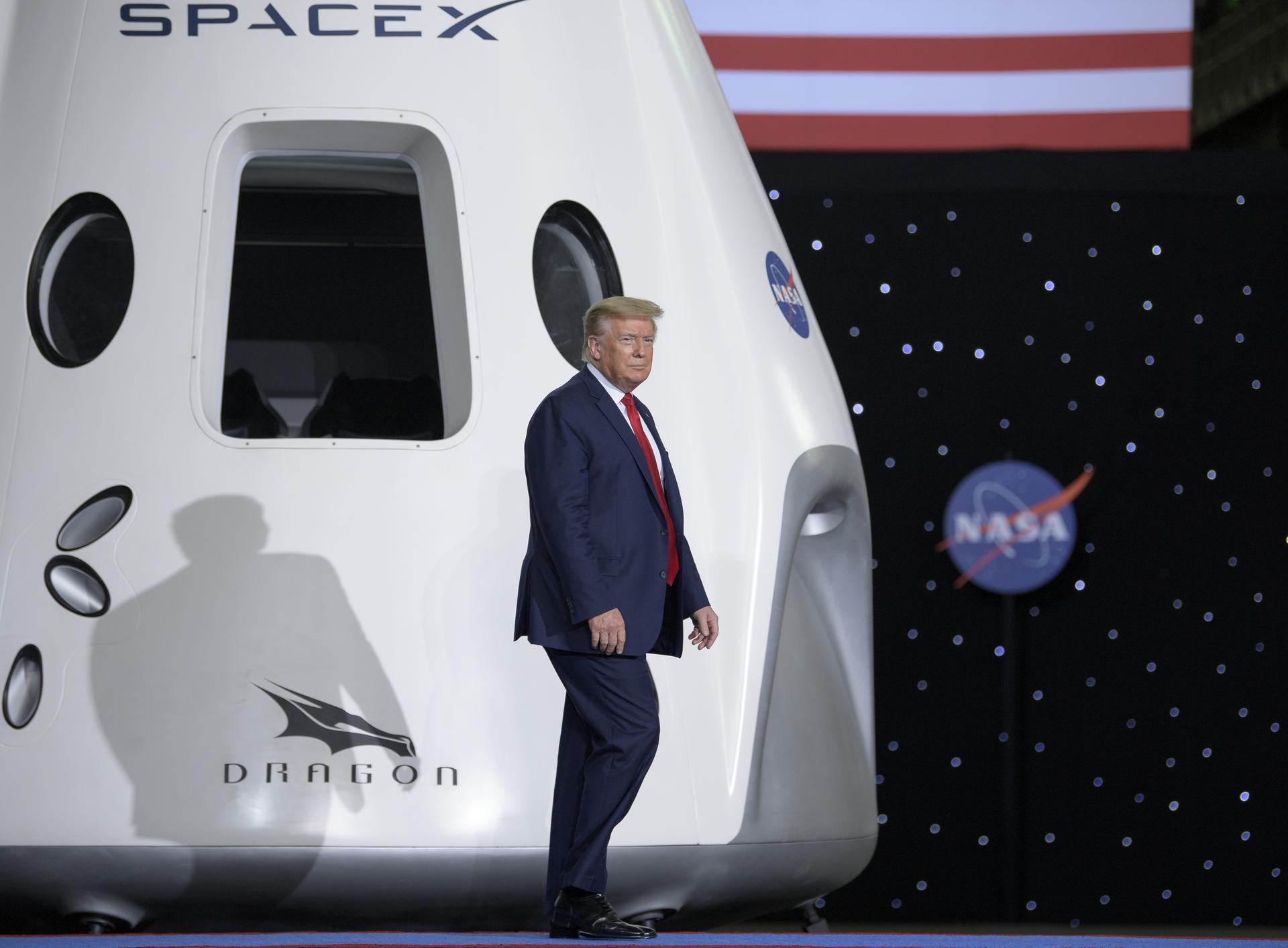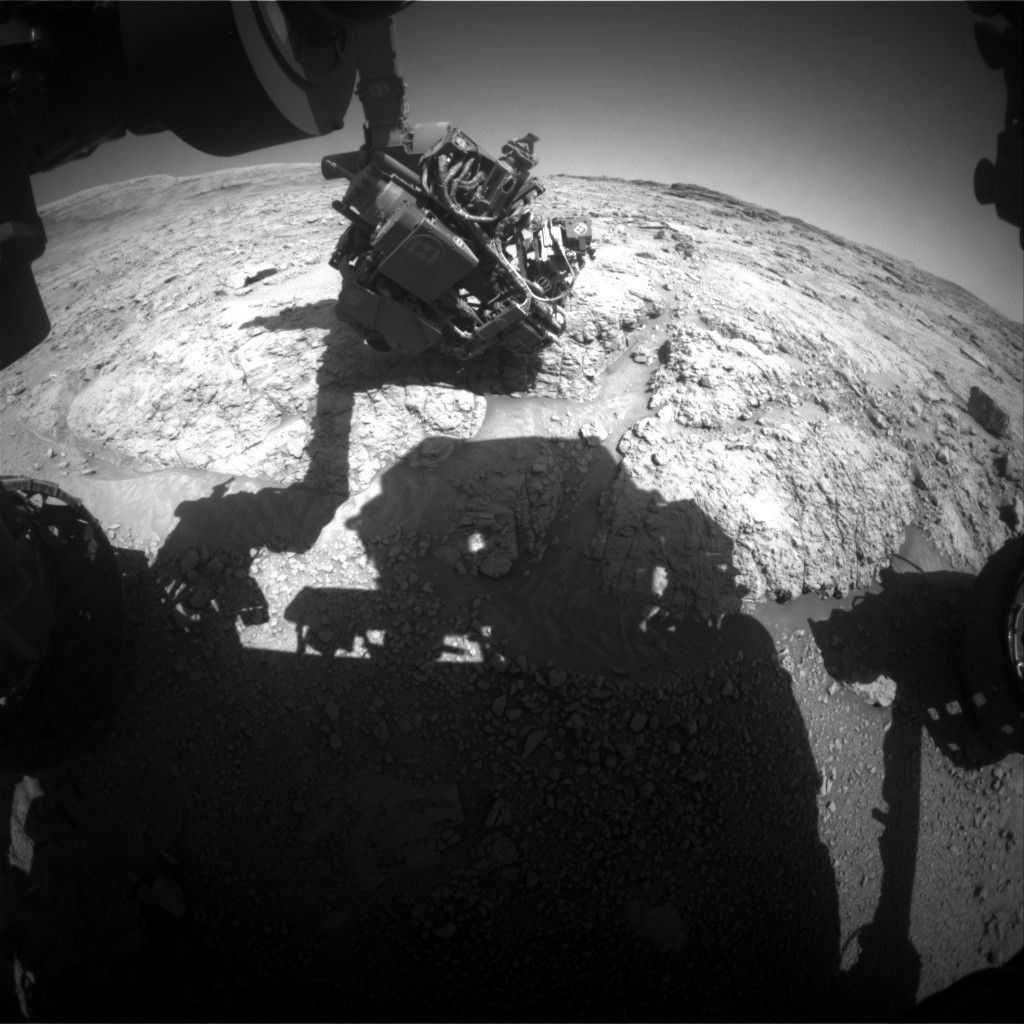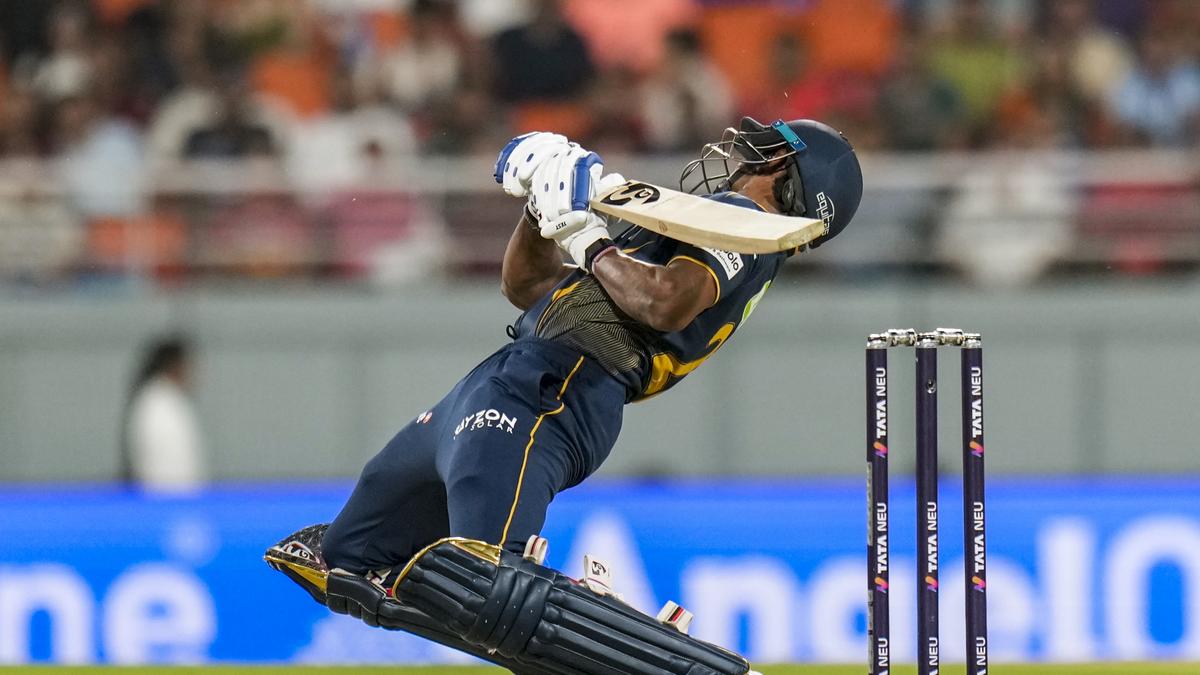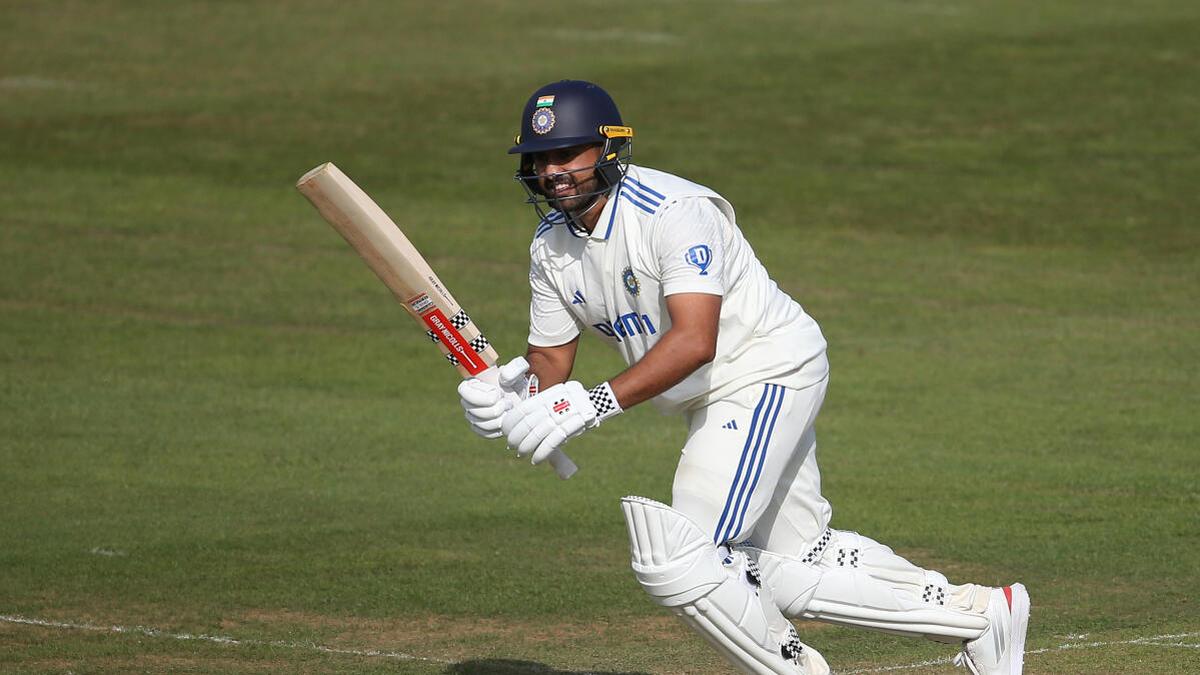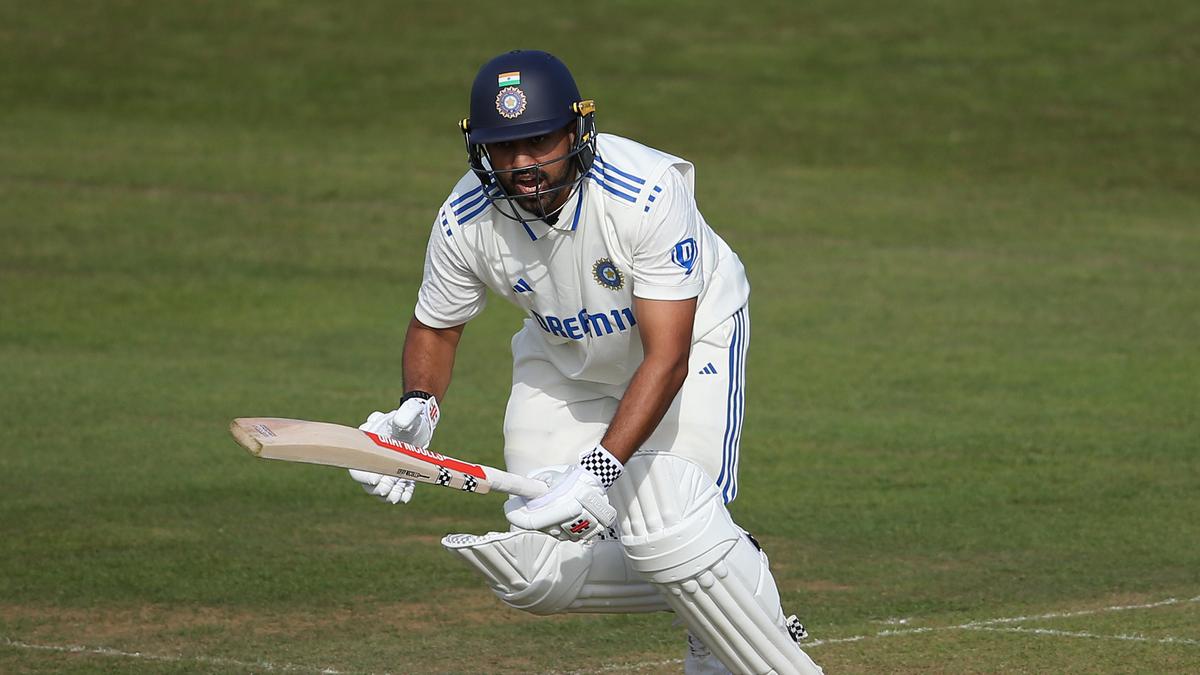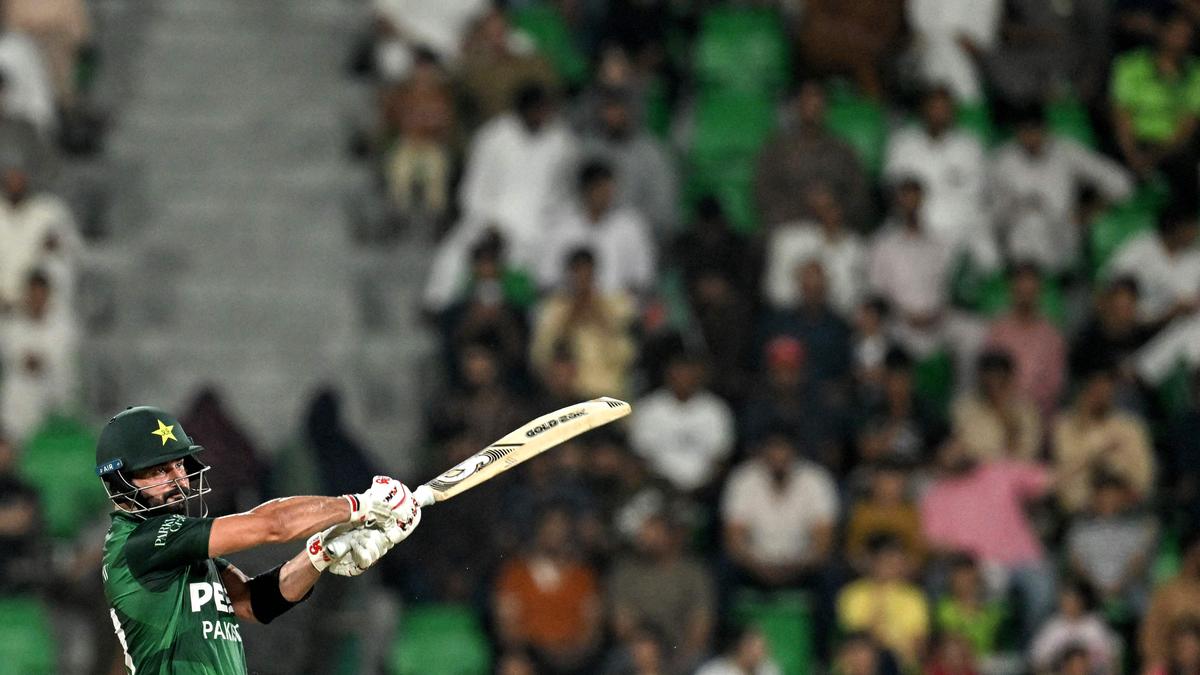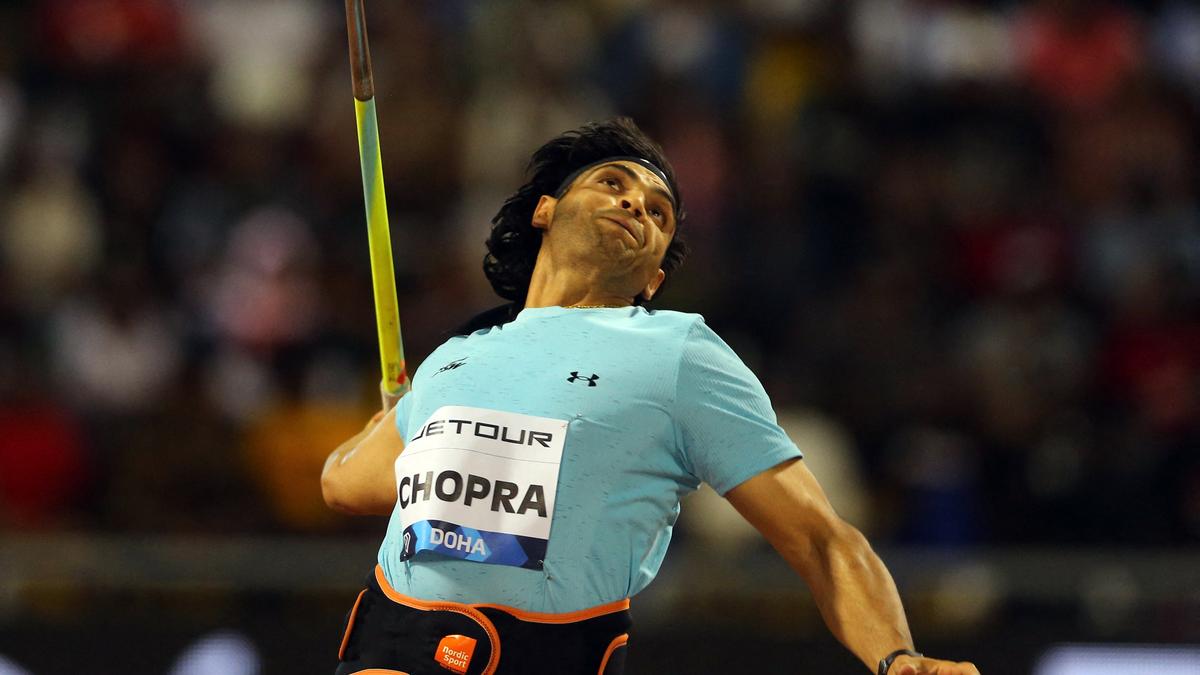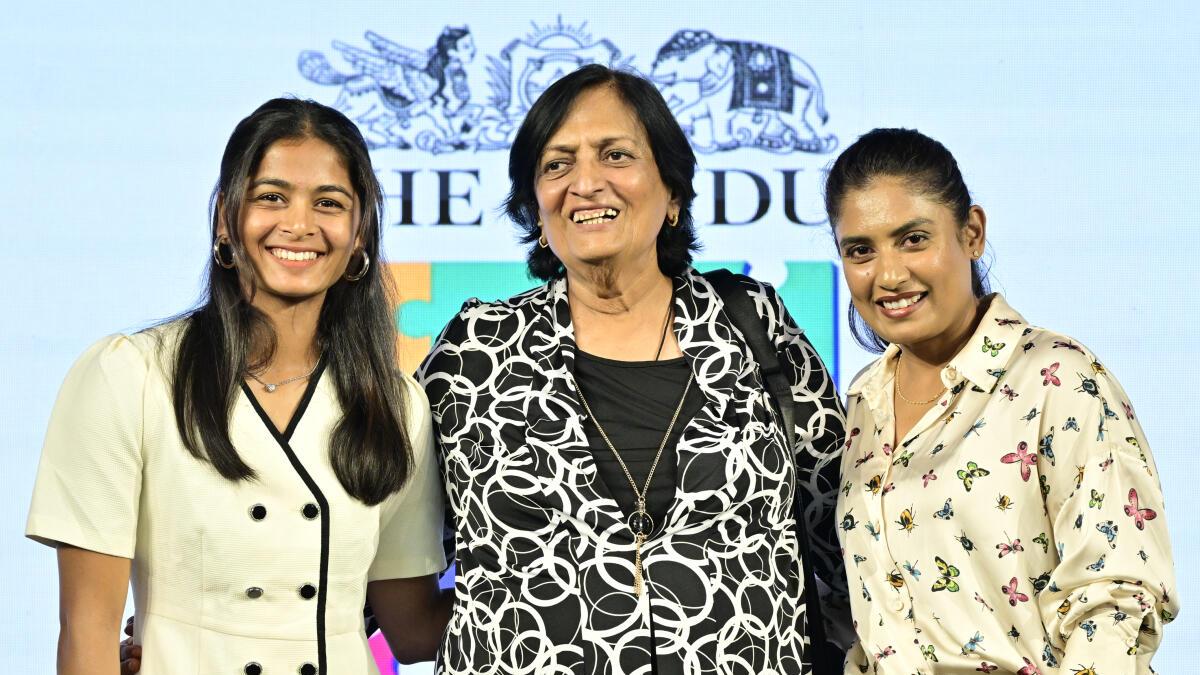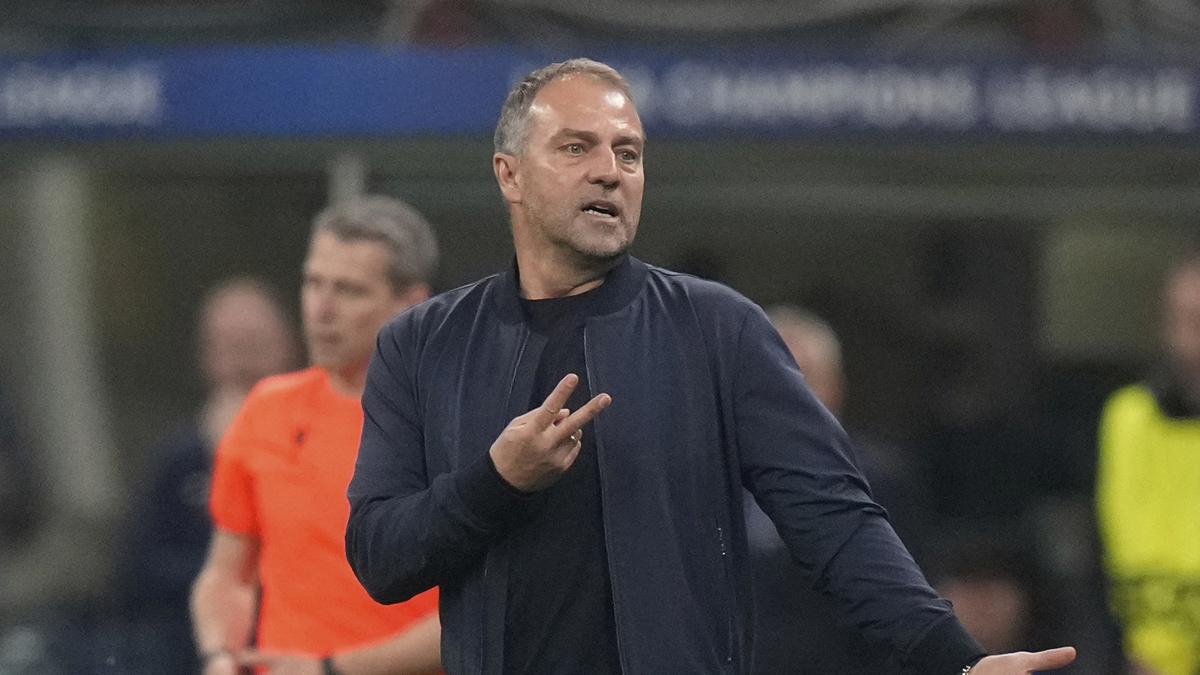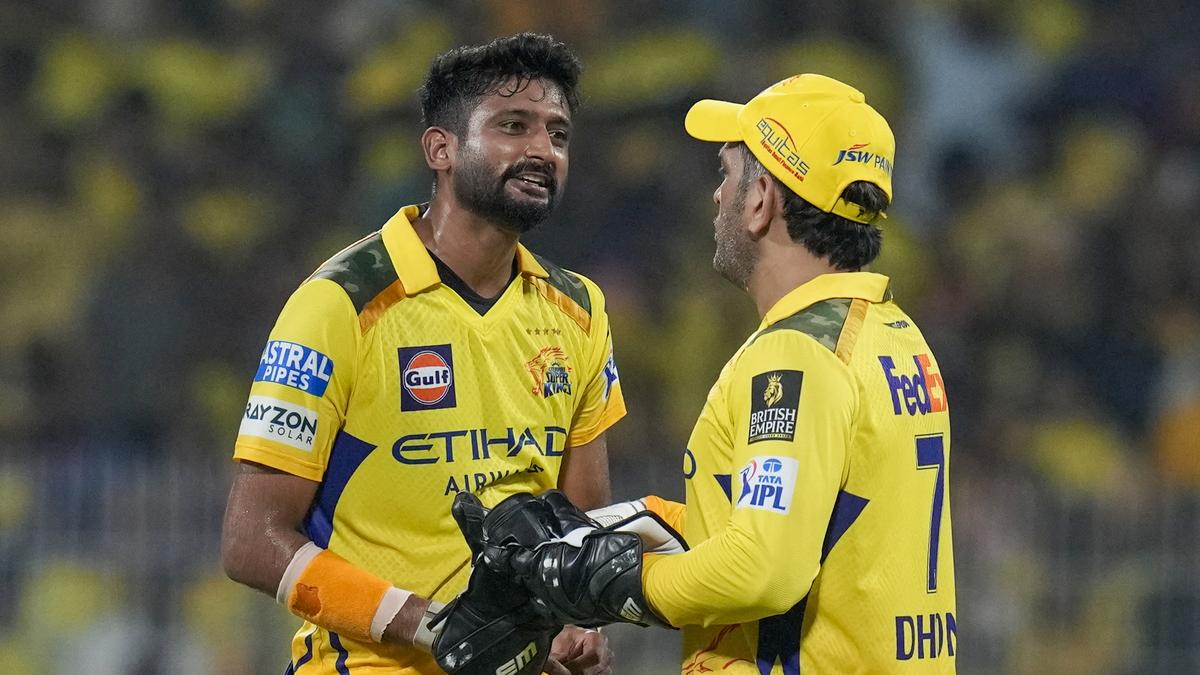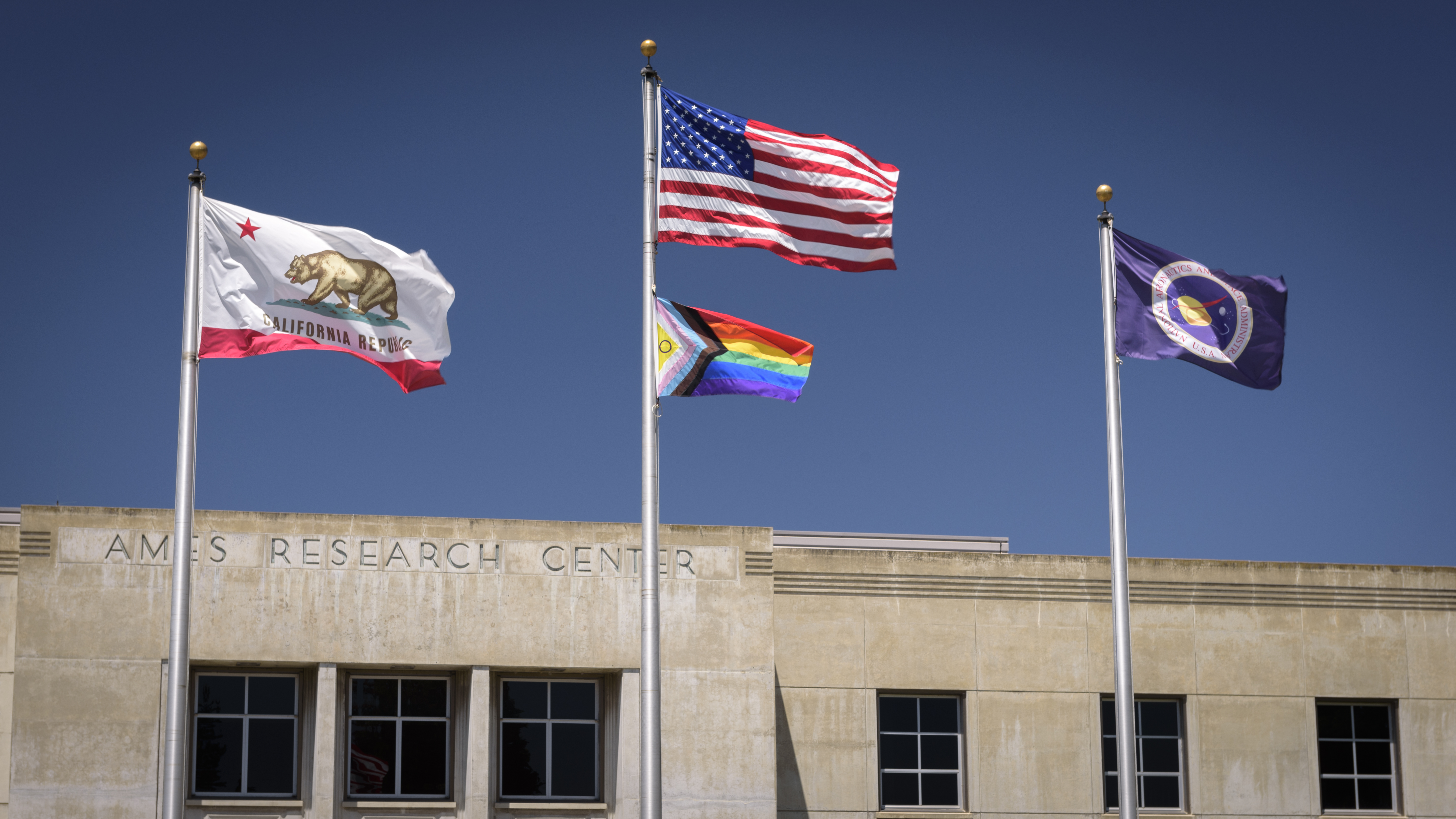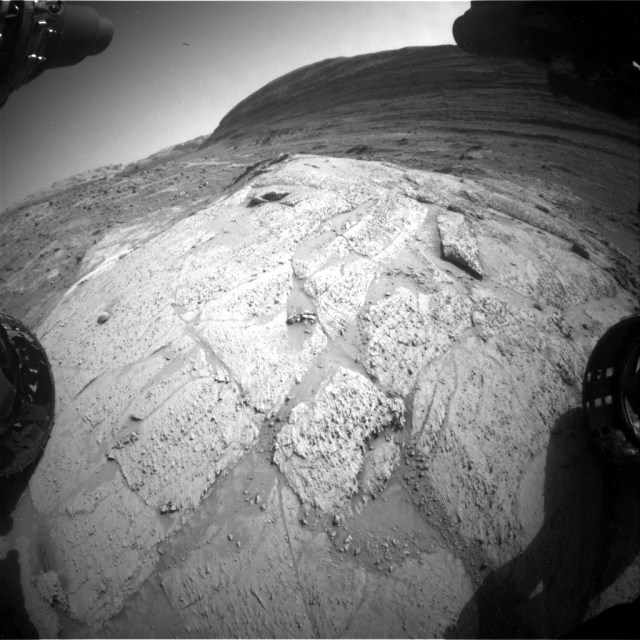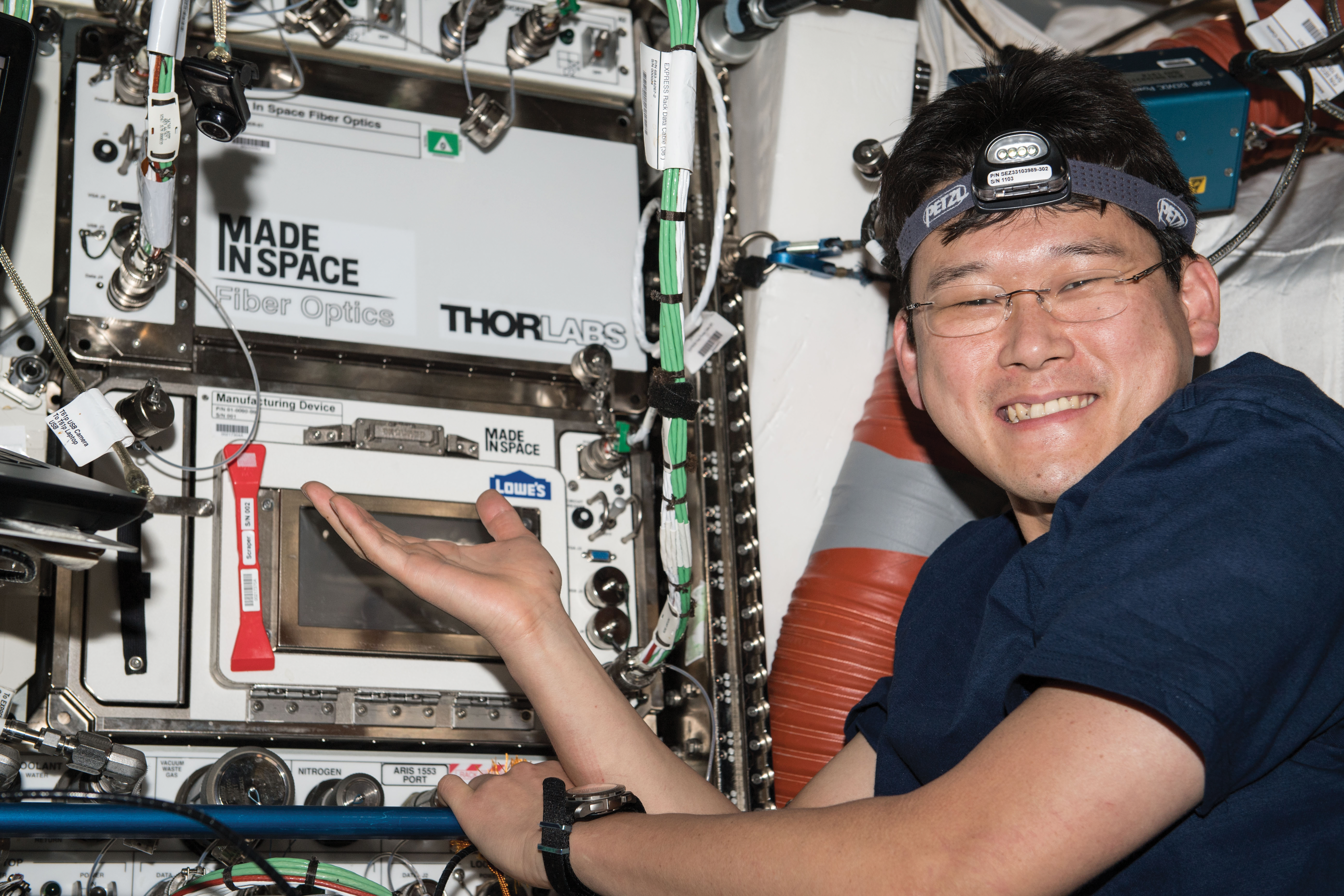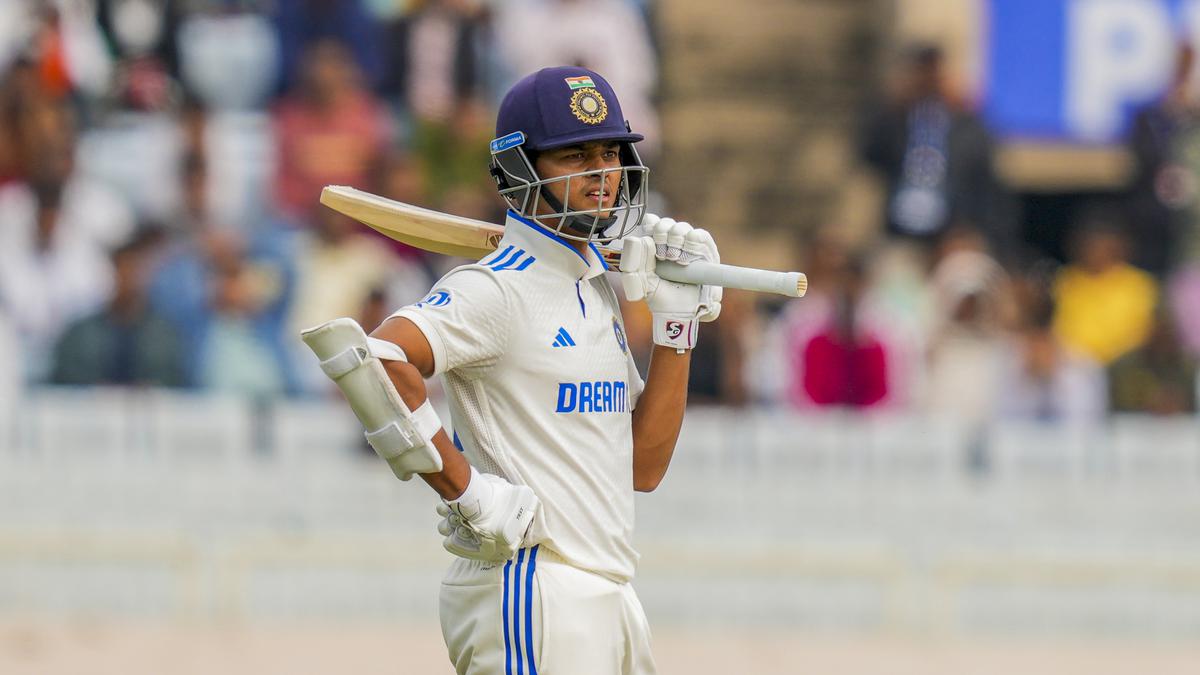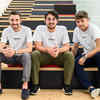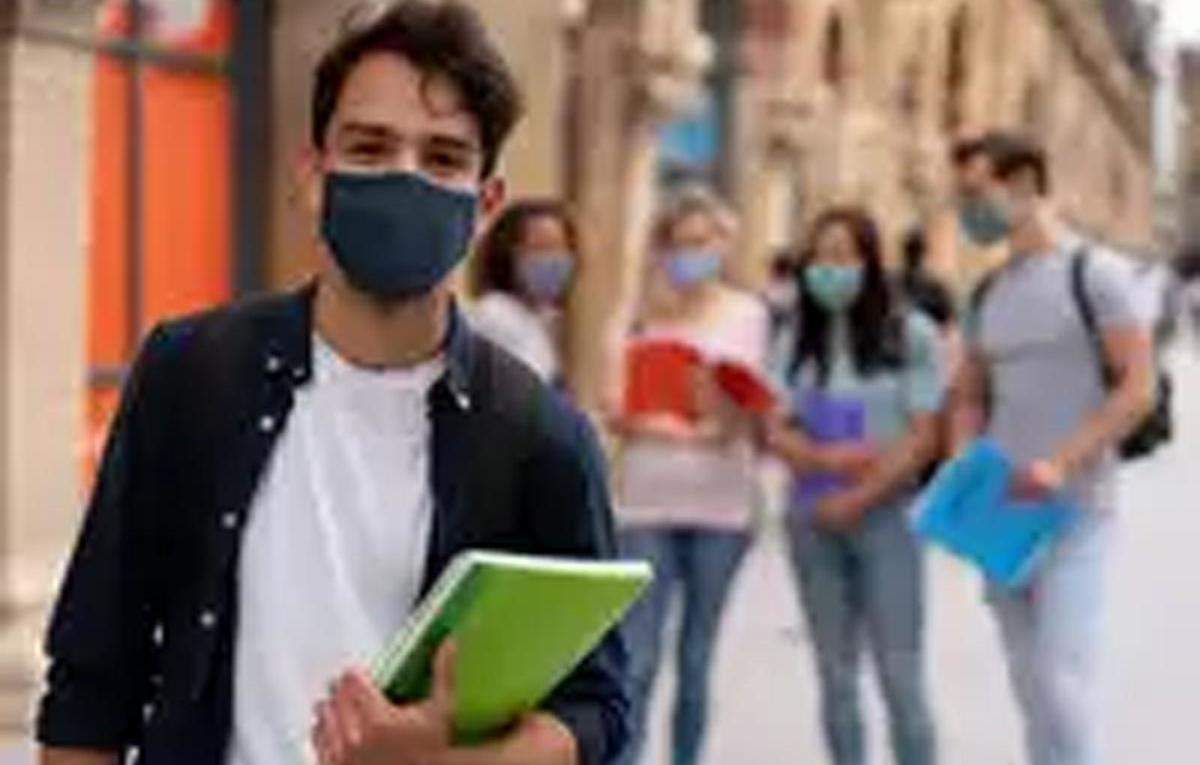NASA Announces Winners of Power to Explore Challenge
NASA announced the winners on Wednesday of the third annual Power to Explore Challenge, a national writing competition designed to teach K-12 students about the power of radioisotopes for space exploration. The competition asked students to learn about NASA’s Radioisotope Power Systems (RPS), “nuclear batteries” the agency uses to explore some of the most extreme […]
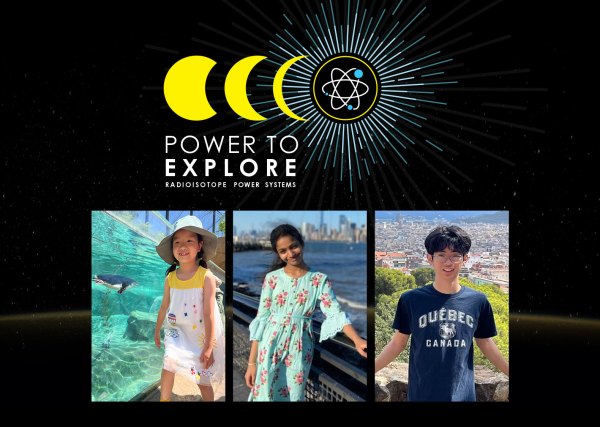
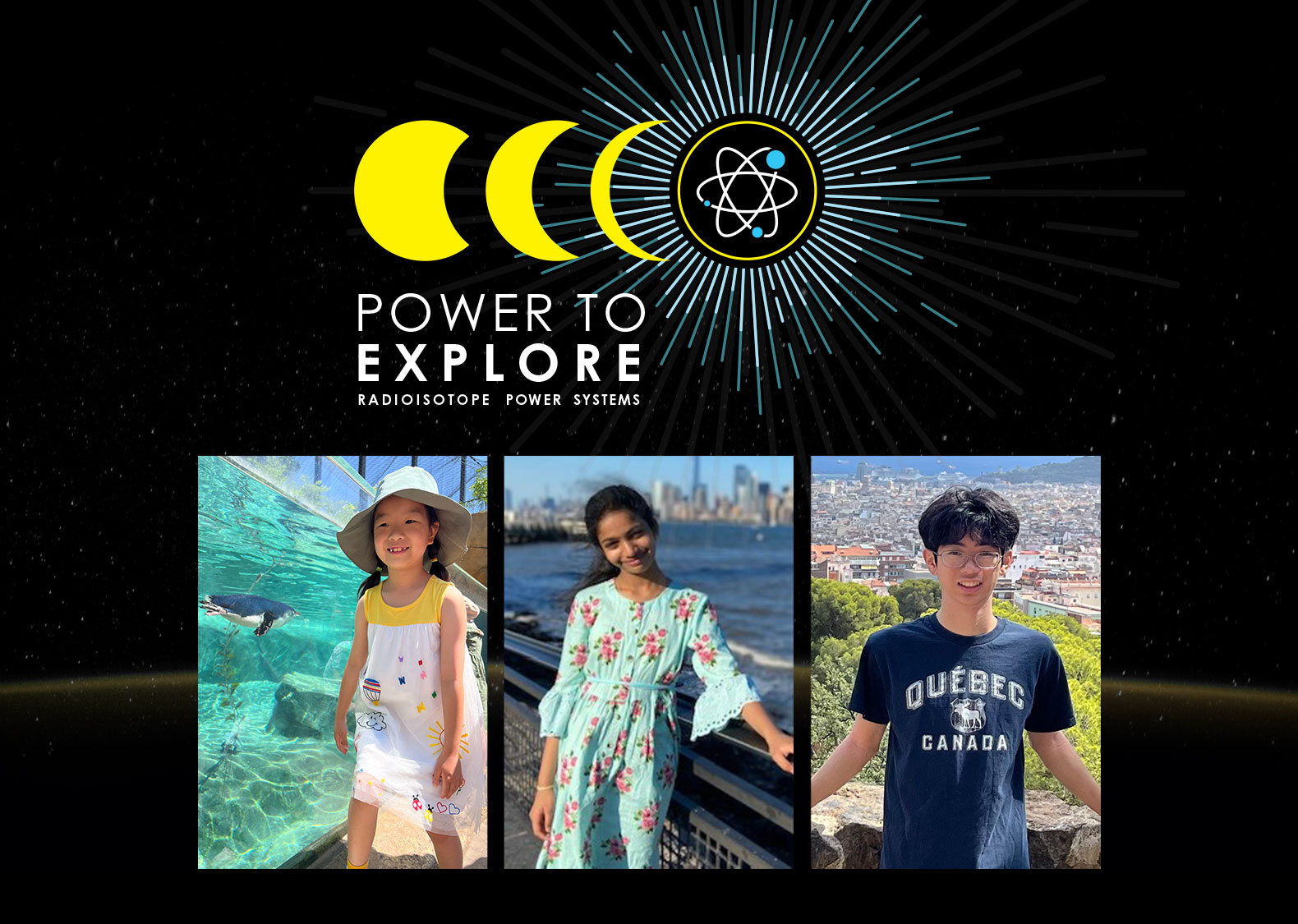
NASA announced the winners on Wednesday of the third annual Power to Explore Challenge, a national writing competition designed to teach K-12 students about the power of radioisotopes for space exploration.
The competition asked students to learn about NASA’s Radioisotope Power Systems (RPS), “nuclear batteries” the agency uses to explore some of the most extreme destinations in the solar system and beyond. In 250 words or less, students wrote about a mission of their own enabled by these space power systems and described their own power to achieve their mission goals.
“The Power to Explore Challenge is the perfect way to inspire students – our Artemis Generation – to reach for the stars and beyond and help NASA find new ways to use radioisotopes to power our exploration of the cosmos,” said Nicola Fox, associate administrator, Science Mission Directorate at NASA Headquarters in Washington.
Entries were split into three groups based on grade level, and a winner was chosen from each. The three winners, along with a guardian, are invited to NASA’s Glenn Research Center in Cleveland for a VIP tour of its world-class research facilities.
The winners are:
- Rainie Lin, Lexington, Kentucky, kindergarten through fourth grade
- Aadya Karthik, Redmond, Washington, fifth through eighth grade
- Thomas Liu, Ridgewood, New Jersey, ninth through 12th grade
“Congratulations to this year’s winners and participants – together, we discover and explore for the benefit of all,” Fox said.
The Power to Explore Challenge offered students the opportunity to learn about space power, celebrate their strengths, and interact with NASA’s diverse workforce. This year’s contest received nearly 1,787 submitted entries from 48 states and Puerto Rico.
Every student who submitted an entry received a digital certificate and an invitation to the Power Up virtual event held on March 15 that announced the 45 national semifinalists. Additionally, the national semifinalists received a NASA RPS prize pack.
NASA announced three finalists in each age group (nine total) during Total Eclipse Fest 2024 in Cleveland on April 8, a day when millions of Americans saw a brief glimpse of life without sunlight, creating an opportunity to shed light on how NASA could power missions without the Sun’s energy at destinations such as deep lunar craters or deep space. Finalists also were invited to discuss their mission concepts with a NASA scientist or engineer during a virtual event.
The challenge is funded by the NASA Science Mission Directorate’s RPS Program Office and administered by Future Engineers under the NASA Open Innovation Services 2 contract. This contract is managed by the NASA Tournament Lab, a part of the Prizes, Challenges, and Crowdsourcing Program in NASA’s Space Technology Mission Directorate.
For more information on radioisotope power systems visit:
-end-
Karen Fox / Charles Blue
Headquarters, Washington
301-286-6284 / 202-802-5345
karen.c.fox@nasa.gov / charles.e.blue@nasa.gov
Kristin Jansen
Glenn Research Center, Cleveland
216-296-2203
kristin.m.jansen@nasa.gov
What's Your Reaction?








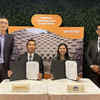
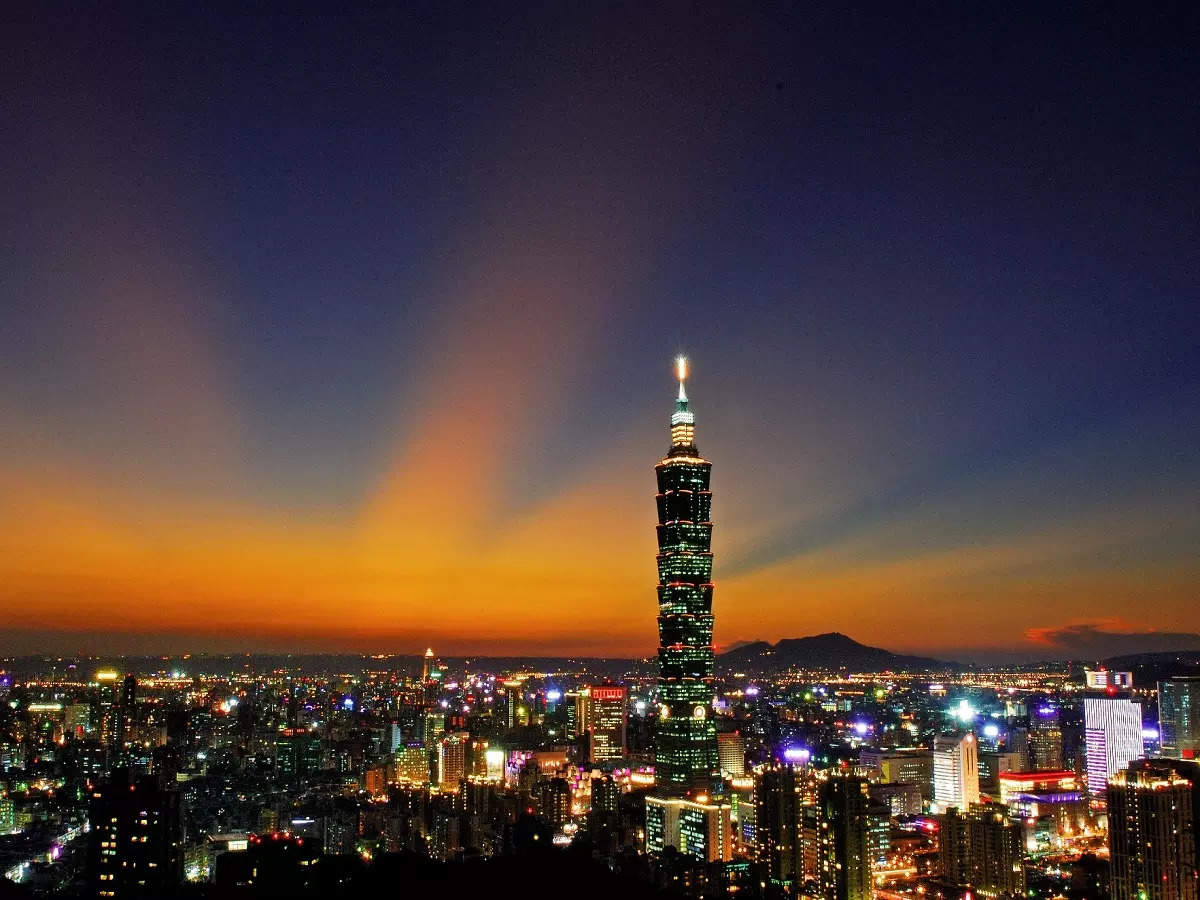
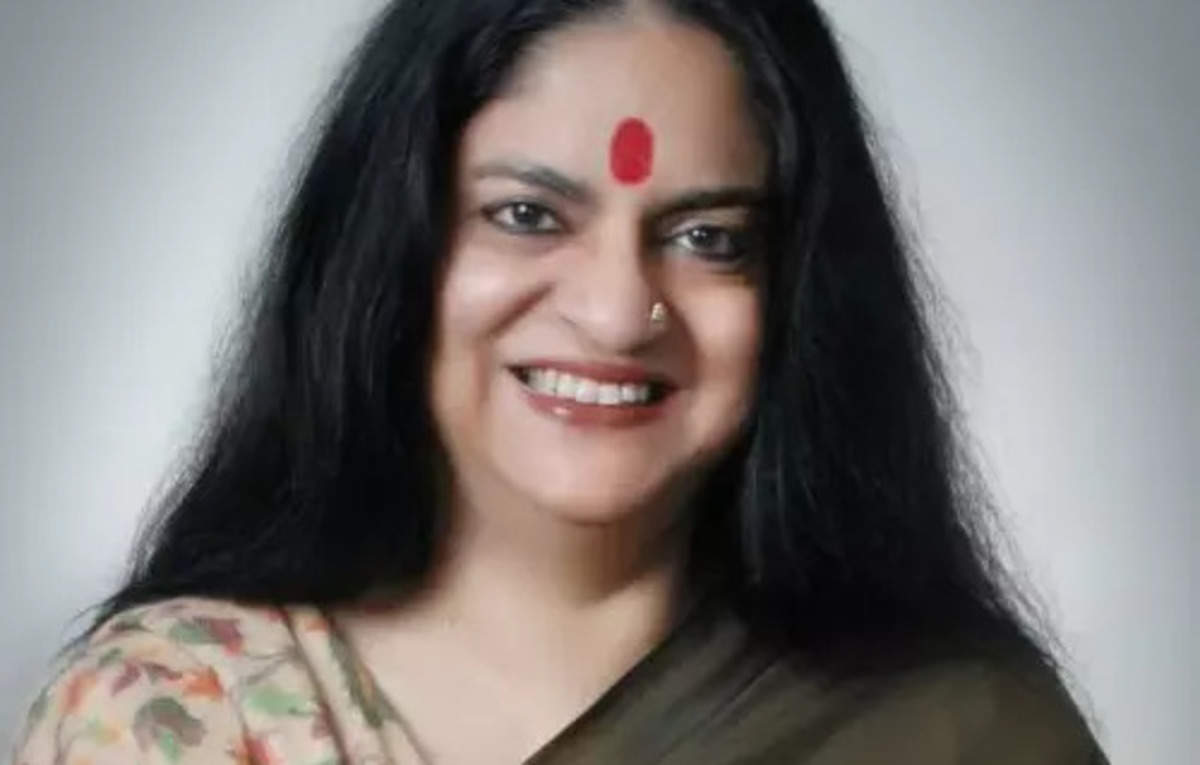
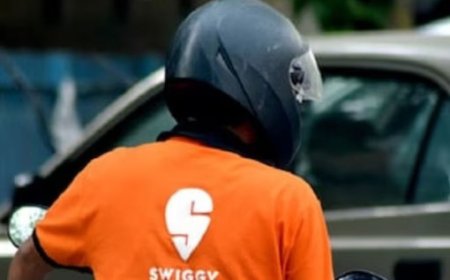
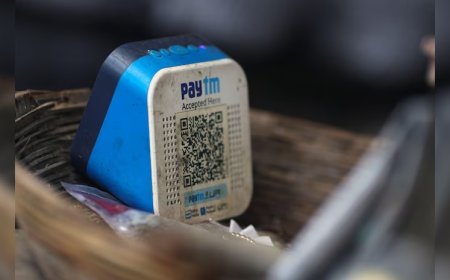
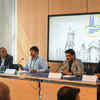


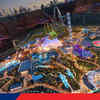
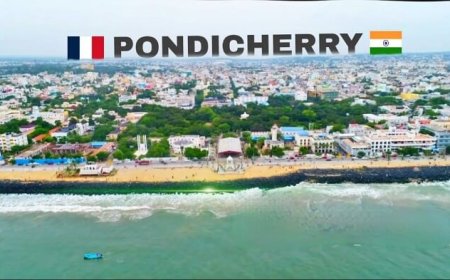

.jpg?#)
